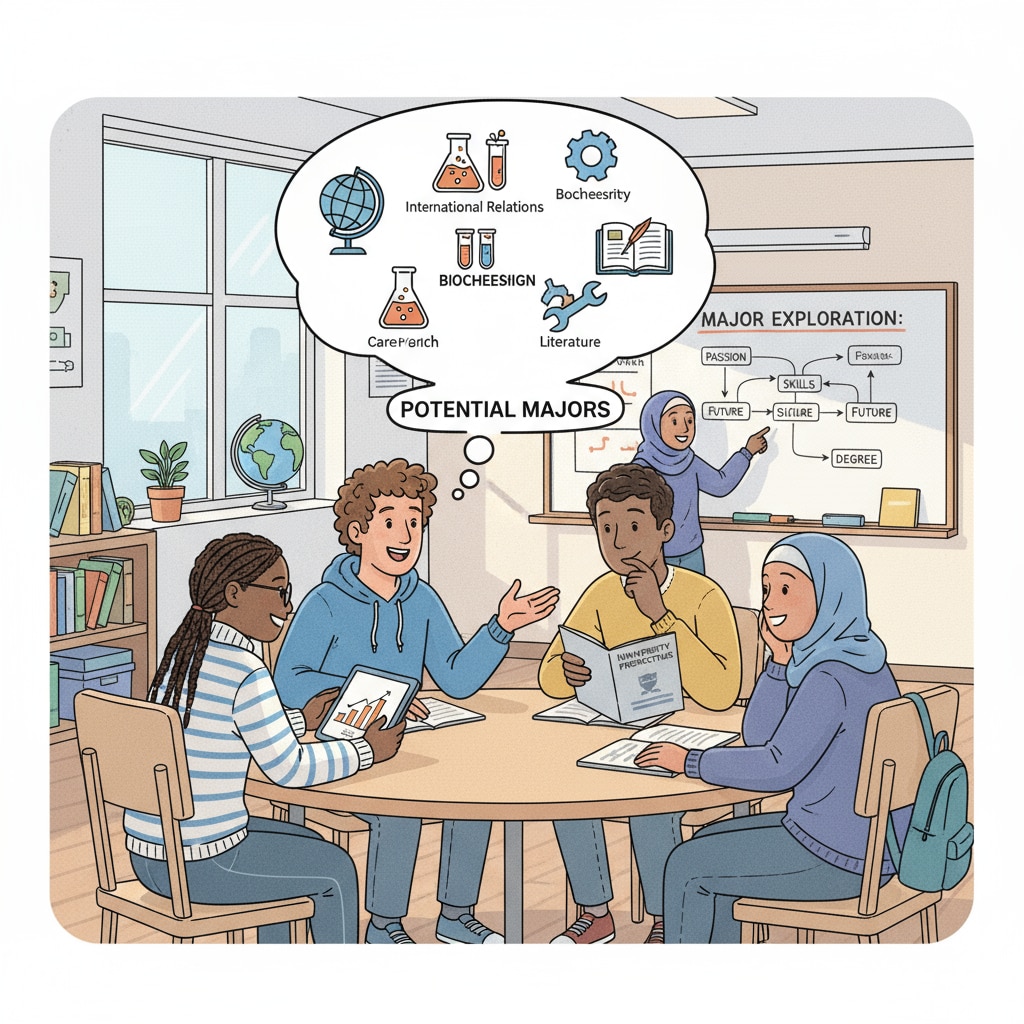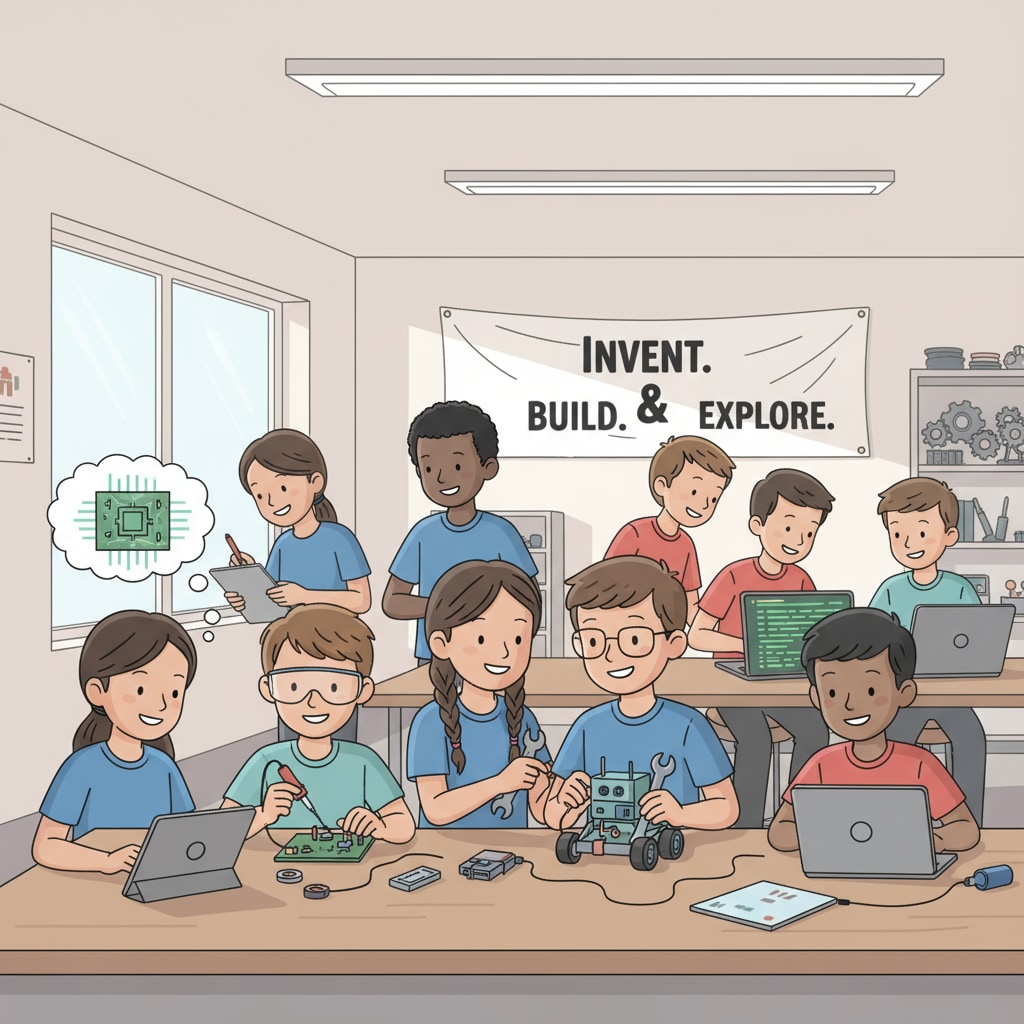University major selection can be a daunting task, especially when students are faced with a lack of enthusiasm and are unsure of their interests. Social experience, however, can play a significant role in this process. In the K12 education stage, it is crucial to help students explore and discover their passions to avoid the dilemma of choosing a university major without a clear direction.

The Dilemma of Choosing a Major without Clear Interests
Many students reach the point of university major selection without having a clear idea of what they are passionate about. This lack of enthusiasm can lead to a difficult decision-making process. Without defined interests, students may choose a major based on external factors such as job prospects or parental expectations, rather than personal fulfillment. As a result, they might end up in a field they don’t enjoy, which can affect their academic performance and future career satisfaction. For example, some students might choose a popular major like computer science because of its high demand, but if they have no real interest in programming or technology, they may struggle to keep up with the coursework.
The Role of Social Experience in Discovering Interests
Social experience can be a powerful tool in helping students uncover their interests. Through interactions with different people and participation in various activities, students can explore new areas. Joining clubs, volunteer organizations, or engaging in group projects allows students to expose themselves to diverse fields and discover hidden talents. For instance, a student who joins a photography club might realize their love for visual arts, which could potentially lead them to consider a major in art or design. Social experience also provides opportunities to network with professionals in different industries, giving students insights into various career paths. Education on Britannica

Building a Diverse Exploration System in K12 Education
In the K12 education stage, schools and parents should collaborate to build a diverse exploration system. This includes offering a wide range of extracurricular activities, such as music, sports, and science competitions. By exposing students to different disciplines at an early age, they can start to develop an understanding of what they like and dislike. Additionally, schools can organize field trips to different workplaces, like museums, factories, and research centers. These experiences can give students a taste of various professions and spark their interest. For example, a visit to a hospital might inspire a student to consider a career in medicine.
Strengthening Career Planning Education
Career planning education is essential in helping students make informed major choices. K12 institutions should incorporate comprehensive career guidance programs into the curriculum. These programs can include courses on self-assessment, exploring different career options, and understanding the requirements of various majors. By learning about themselves and the job market, students can align their interests with potential career paths. Professional counselors can also play a vital role in providing one-on-one guidance, helping students navigate through their confusion and make more confident decisions. Career Development on Wikipedia
In conclusion, addressing the issue of university major selection when students lack enthusiasm requires a multi-faceted approach. By focusing on building a diverse exploration system, strengthening career planning education, and leveraging social experience in the K12 education stage, students can be better prepared to make choices that align with their interests and lead to a fulfilling academic and professional life.
Readability guidance: Using short paragraphs and lists helps summarize key points. Each H2 section can have a list to present information clearly. Controlling the proportion of passive voice and long sentences, and adding transition words like however, therefore, in addition, for example, and as a result throughout the article, enhances readability.


